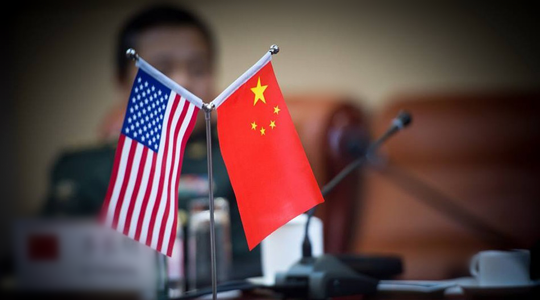South Korea and US Should Resolve Misunderstandings on Trade and Intensify Win-Win Strategy
(South Korea) on 1 July 2016
by (link to original)
According to the U.S. Department of Commerce, the United States did have a $28.3 billion trade deficit with South Korea last year, double the trade deficit of 2011 ($13.2 billion), the year before the free trade deal took effect in March 2012. However, it is the commission's assessment that the U.S. trade deficit would have been much larger without the trade deal. The commission is an independent institution that evaluates damage to U.S. industries caused by trade. Analyses by the institution once predicted the Korea–U.S. Free Trade Agreement would increase U.S. total exports by $4.8 billion to $5.3 billion and U.S. welfare by $1.8 billion to $2.1 billion. In short, it claimed the agreement is a win-win opportunity for both countries. Nevertheless, U.S. politicians get steamed up at every opportunity, as if only South Korea benefits from the trade deal.
Even if presumptive Democrat nominee Hillary Clinton wins this year's U.S. presidential election, she will push policies that are no less protectionist than those presented by Trump's camp. South Korea will face much more trade pressure after having been put on a new currency watch list with China, Japan, Germany and Taiwan, and given its annual trade surplus with the U.S. exceeding $20 billion and its current account surplus surpassing 3 percent of its gross domestic product. "There is widespread recognition that there are too many business regulations that are unique to Korea," said Mark Lippert, the U.S. ambassador to the Republic of Korea, a month ago, complaining about the implementation of the Korea-U.S. Free Trade Agreement, and the fact that such recognition mostly grew out of misunderstandings. The more misunderstandings the U.S. has, the more strongly South Korea should work toward strengthening a win-win structure within a new trade and investment paradigm by actively communicating with the U.S., clearing up misunderstandings and fixing South Korea's unreasonable regulations before it’s too late.


